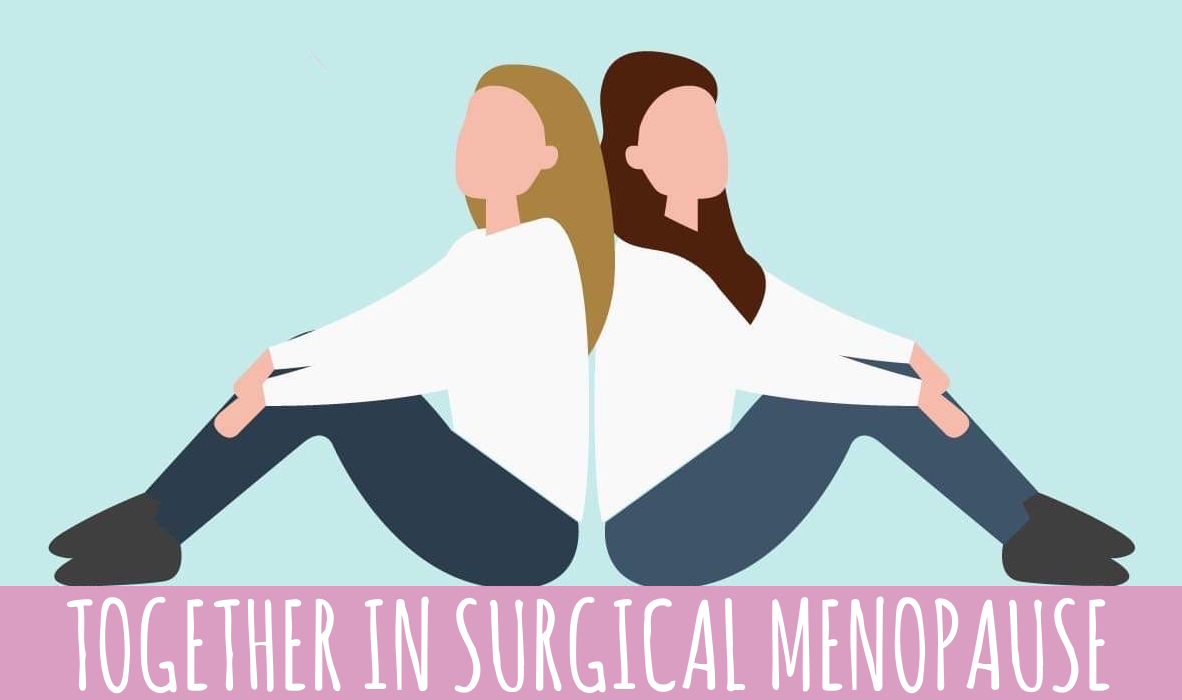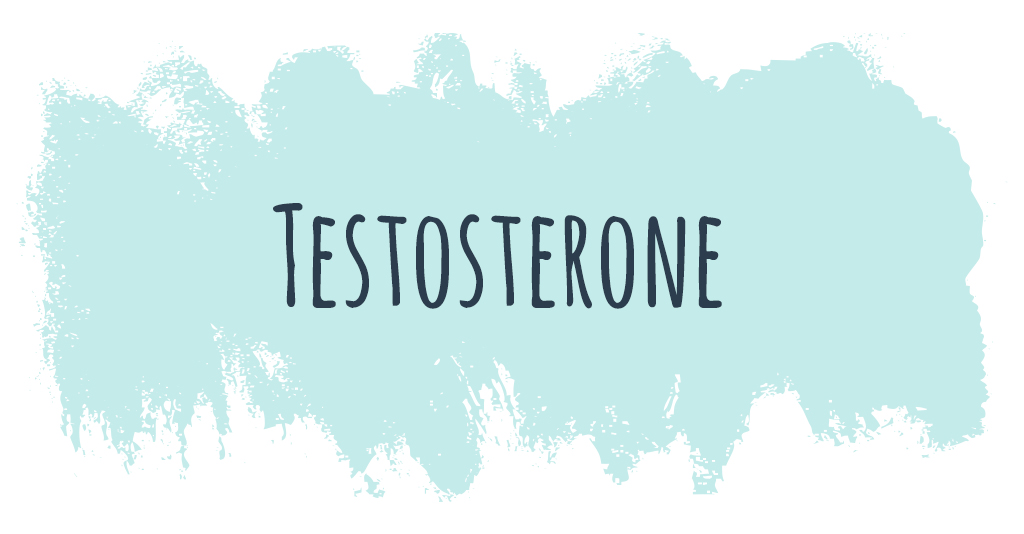


When it comes to getting hold of information on the importance of testosterone in managing menopausal symptoms and its benefits to your general health, the information is a little sketchy... For starters, testosterone prescriptions aren’t even licensed for women in the UK!
What is testosterone and what does it do?
Testosterone is one member of a group of hormones called androgens. Testosterone is very important in women!
It has a role in sexual function, energy levels, cognition, bone health, vaginal health and well-being. Around 50% of testosterone is produced by the ovaries and 50% by the adrenal glands.
Why do women in surgical menopause benefit from testosterone?
In women, the production of testosterone declines from the mid-thirties onwards. When the ovaries are surgically removed (surgical menopause), women may experience rapid and significant androgen deficiency symptoms. A lack of testosterone may result in low libido, depleted energy levels, increased tiredness, difficulty concentrating, low mood or headaches.
What can you do if your GP won’t prescribe you testosterone?
Unfortunately, testosterone has to be prescribed off-license by GPs in the UK. Many simply do not feel comfortable prescribing due to lack of knowledge and training in this area, and many are reluctant to prescribe it unless it has been prescribed by a menopause specialist in the first instance.
If you are in surgical menopause and struggling with the symptoms mentioned above it is likely you will benefit from testosterone replacement.
We recommend that you ask your GP to refer you to a menopause clinic. Unfortunately, there are not many of these in the UK and waiting times can be long.
It will be useful to arm yourself with accurate and evidence-based information ahead of any GP appointments to discuss testosterone.
The BMS website has a lot of useful information that you can print off and take with you to your appointment.
You can also refer to the NICE guidelines which states that testosterone can be considered for those who need it.
If your GP is unwilling to listen to you, we strongly recommend that you find one that is more willing. Remember that all patients have the right to be involved in decisions about their treatment and care.
How is testosterone given?
It is usually given in the form of a gel - Testogel or Tostran. You will only need a tiny amount as these forms of testosterone are licensed for men.
For example, one 50mcg sachet of Testogel should last between 7-10 days – rubbing a small pea-sized amount on to your skin.
Some private menopause clinics can order in and prescribe Androfeme1 which is licensed for women in Australia, however it is not available on the NHS.
Some women in surgical menopause cannot absorb transdermal testosterone very well and may require their testosterone in the form of a hormone implant. This needs to be done by a specialist at a menopause clinic. This is usually a last line treatment and can be difficult to come by.
Are there any side effects?
If you are using the gel we recommend that you don’t rub the gel into the same area. For example, if you apply it on the top of your thighs, rotate which leg you apply to. This will help prevent excess hair growth in this area.
Blood tests are advised 2-3 times a year to check that your levels do not get too high.
If you have hormone implants your levels will be checked prior to re-insertion.
Recommendations
Click here to discover our recommended reads and resources